#don medford
Explore tagged Tumblr posts
Text













Raul Julia in The Organization (1971)
#raul julia#the organization#1971#bad movie warning#no one looks especially good in this lol#70s movies#1970s film#the organization 1971#sidney poitier#ron o'neal#lani miyazaki#james a. watson jr.#james a watson jr#demond wilson#bill green bush#crime movie#cop movie#don medford#actor posts
9 notes
·
View notes
Text

Luciana Paluzzi-Robert Vaughn "Trampa para una espía" (To trap a spy) 1964, de Don Medford.
8 notes
·
View notes
Text

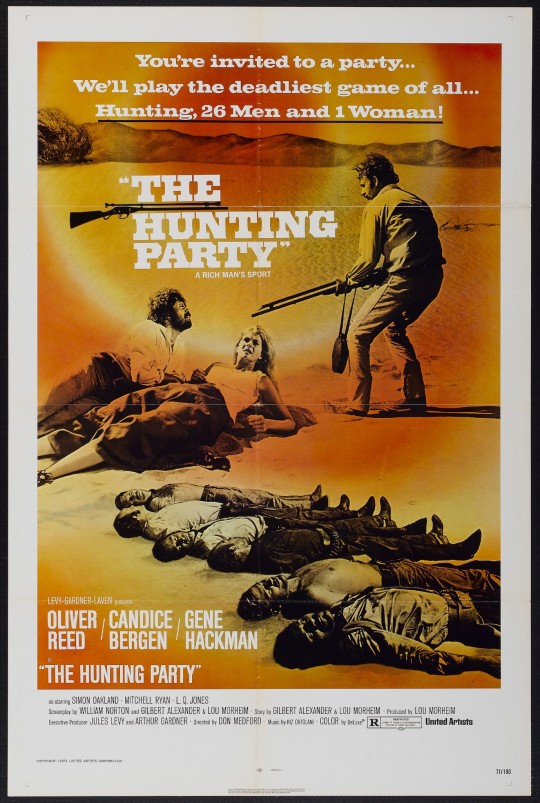
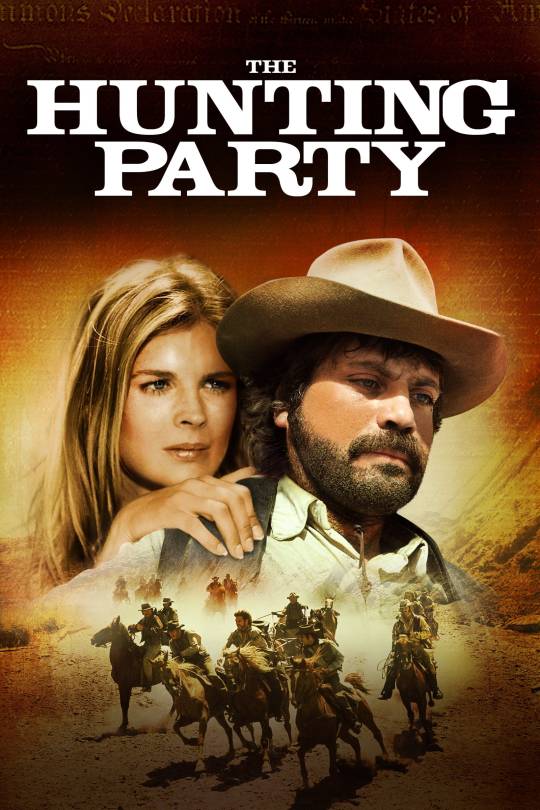

W A T C H I N G
Gene Hackman always played terrible evil bad guys, but he's such a lovely good dude in real life. He was on Richard Nixon's 'enemy list'. That alone makes him a good guy IRL. Lol
Oliver Reed is in this, his first American movie. Playing an American cowboy. His facial scars play well into it.
Characters with mismatched morals. The seemingly well-dressed rich rancher is a sadist and a gleeful angrymurder.
The gruff unkempt working class guy misunderstood as an outlaw, has the morals of an antihero, but a decent man that seems to respect lives of even the worst of his group.
The woman that willfully marries her rich rancher husband but seems to have learned he has no heat, he's secretly mean and sadistic. The outlaw kidnaps her to learn to read, but even in taking her he's more kind and tender than he disgusting husband. To the point that she'd rather be with and die with a man that's got a soul than her cold controlling hellish husband.
Conundrum. I love it when the balance is turned upside down and inside out. Nobody is innocent. But there's definitely someone guiltier and filthier than the other.
#THE HUNTING PARTY (1971)#OLIVER REED#GENE HACKMAN#CANDICE BERGEN#Don Medford#Simon Oakland#L. Q. Jones#Mitchell Ryan#Ronald Howard#William Watson#G.D. Spradlin#Rayford Barnes#Bernard Kay#Francesca Tu#WESTERN#COWBOY MOVIES#WATCHING
5 notes
·
View notes
Text
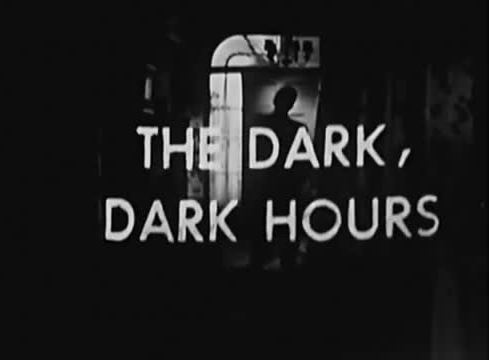
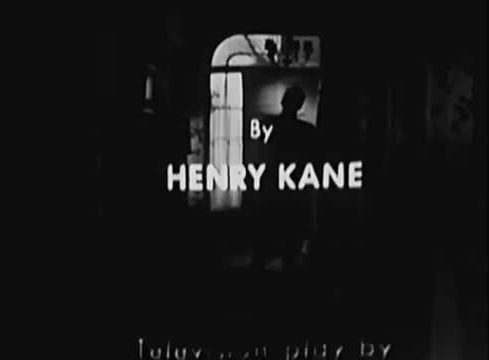
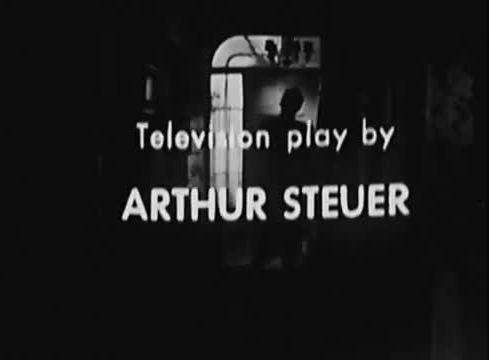


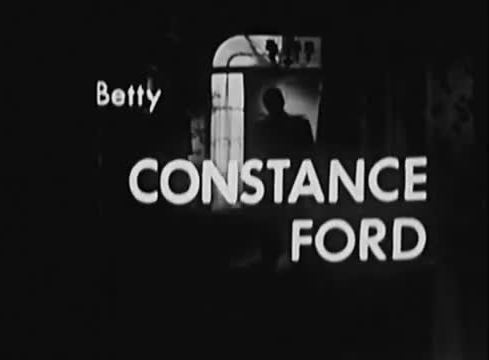
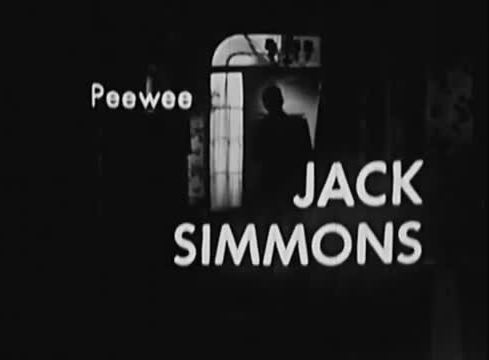
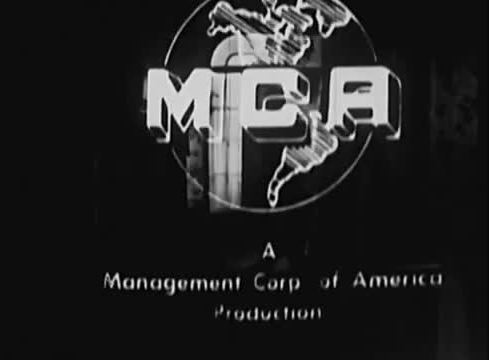
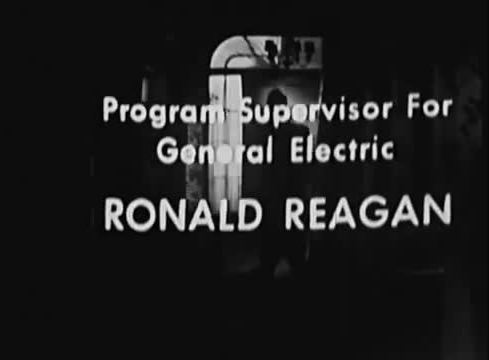
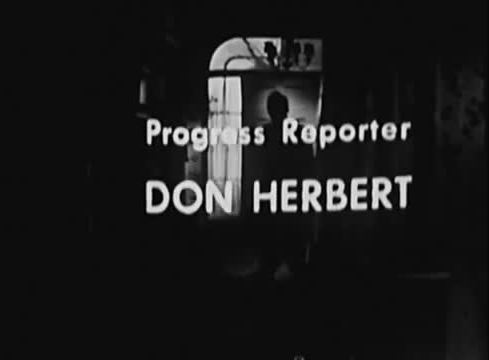
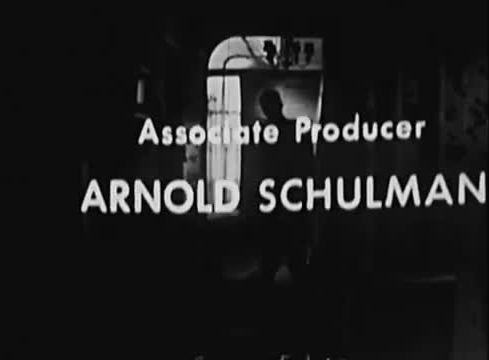
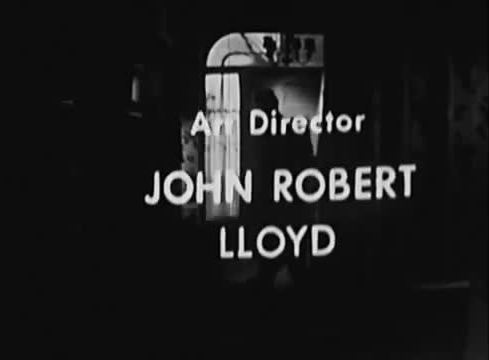


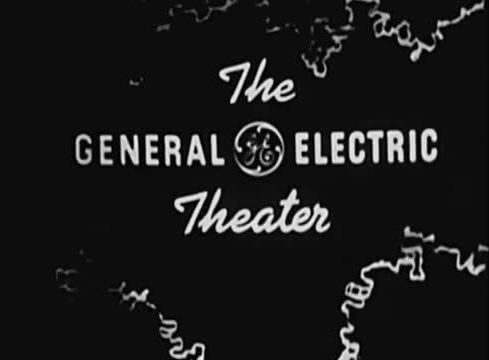
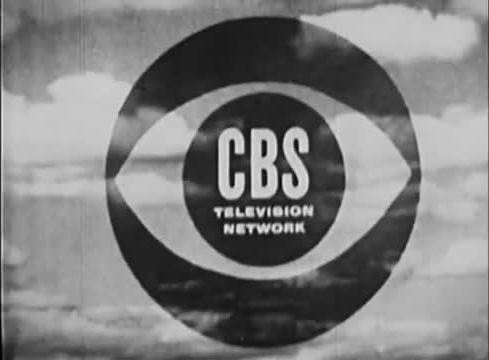
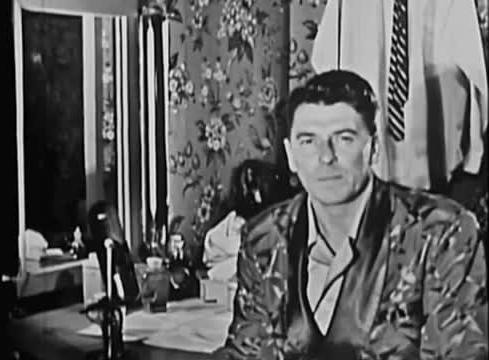
From the Golden Age of Television
The Dark, Dark Hours - CBS - December 12, 1954
A presentation of "The General Electric Theater" Season 3 Episode 12
Drama
Running Time: 30 minutes
Produced by Mort Abrahams
Directed by Don Medford
Hosted by Ronald Reagan
Stars:
Ronald Reagan as Joe
James Dean as Bud
Constance Ford as Betty
Jack Simmons as Peewee
#The Dark Dark Hours#TV#The General Electric Theater#1954#1950's#CBS#Drama#Ronald Reagan#James Dean#Constance Ford#Jack Simmons
4 notes
·
View notes
Text
closed plotted starter for @sheldoney
serefine hardy had been raised in the same neighborhood as howard wolowitz and his crazy mother. they'd been a rather close pair of friends, even when howard hit puberty and turned into an absolute horndog. he realized quickly serefine was definitely not interested in him like that and the pair continued to be friends, even when she moved to medford texas in 7th grade. she'd made good friends in texas, missy cooper being one of her very best. though she moved, as she and howard graduated schools and moved away, the pair kept in close contact with eachother. that was why serefine was on her way to pasadena, to move there for a job opportunity and feeling comfortable knowing she'd at least be around someone familiar to her when her partner had found out she was pregnant and took off, leaving her to raise a baby alone. after arriving, howard allowed serefine a few days before introducing her to bernadette, who serefine thought was absolutely amazing and brilliant and didn't judge her one bit for having the barely there baby bump.
she'd avoided going out, worried about how others might look at her before the fiery little blonde tore into her and convinced her to meet their group of friends. bernie had assured her that no one would judge, and not to listen to anything sheldon says. today she donned a batman shirt and a pair of black leggings, and her comfiest converse. she only put a little makeup on, maybe trying to mask the pregnancy glow from the strangers she was going to meet. when she walked in, she'd been introduced to everyone before one of the people caught her eye. his face familiar and then she remembered he was sheldon.
❛ shelly cooper? ❜

#sheldoney#♡ ⁄ 🇹🇭🇪 🇼🇴🇷🇩🇸 🇮 🇭🇦🇻🇪 🇦🇷🇪 🇫🇴🇷 🇾🇴🇺 ミ serefine interactions.#♡ ⁄ 🇯🇺🇸🇹 🇧🇪🇹🇼🇪🇪🇳 🇾🇴🇺 ﹠ 🇲🇪 ミ closed.#tw: pregnancy mention#tw: pregnancy
3 notes
·
View notes
Photo
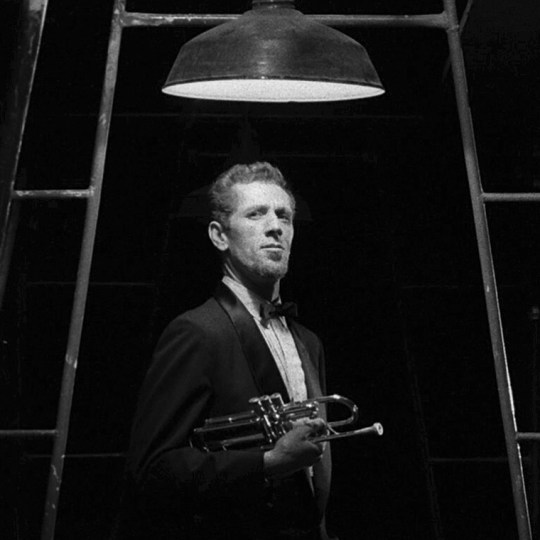
TONIGHT on ME-TV @ 12:35am EST, one of the GREAT episodes of THE TWILIGHT ZONE: “A PASSAGE FOR TRUMPET” (Written by Rod Serling, directed by Don Medford, originally broadcast May 20, 1960) “You’re in a kind of limbo...you’re neither here nor there...you’re in the middle, between the two...the real...and the shadow.” One of the best descriptions of The Twilight Zone itself, written by its creator Serling, and spoken by a very special character in “A Passage for Trumpet,” describing the posthumous, purgatorial state of Joey Crown, a trumpet player (played by Jack Klugman in the first of his four TZ episodes), after he commits suicide by jumping in front of a speeding truck. Crown, a once-great trumpeter, was distraught over losing gigs—and his trumpet to a pawn broker—because of his habitual drinking. The post-suicide, ghostlike Crown, after experiencing being invisible to and ignored by the living (cf. Bruce Willis in M. Night Shyamalan's 1999 film The Sixth Sense), returns to the back alley of his favorite jazz club (one of The Twilight Zone’s most stunningly designed sets, a skeletal framework of scaffolding lit in chiaroscuro by suspended construction lights), and hears some beautiful trumpet being played, coming not from inside the club, but from somewhere in the alley. Playing that trumpet is the “very special character,” acted by the avuncular John Anderson (who’ll star in season two's "The Odyssey of Flight 33" and five’s “The Old Man in the Cave”). After letting Joey take a toot of his horn, he proceeds to gently counsel Crown, coaxing him to a broader understanding of himself and of life; that Joey Crown was more than just a great trumpet player, that he had more to offer both himself and the world around him. The Anderson character bids Joey goodbye, and walks away, horn in hand, down the scaffolded walkway into the darkness, but stops when Crown calls out to him, asking for his name. Anderson, bathed in a halo-like aura from the hanging light above, responds, “Call me Gabe...short for Gabriel.” arlenschumer.com/twilight-zone #rodserling #twilightzone #arlenschumer @dgareps @bearmanor.media https://www.instagram.com/p/Cpxk_kWs8Ad/?igshid=NGJjMDIxMWI=
0 notes
Photo
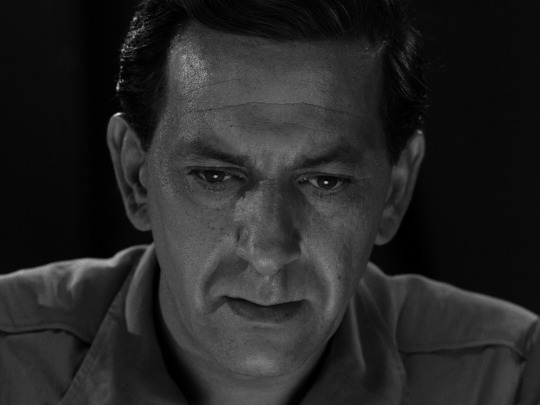
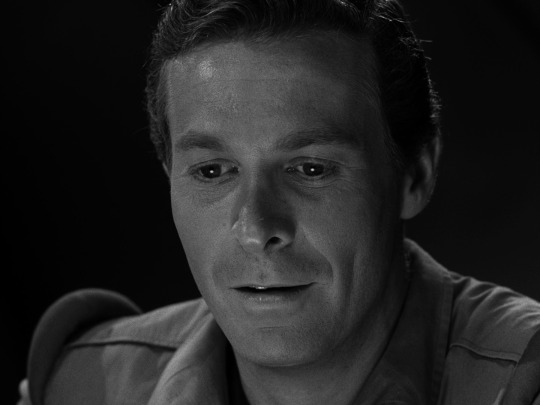
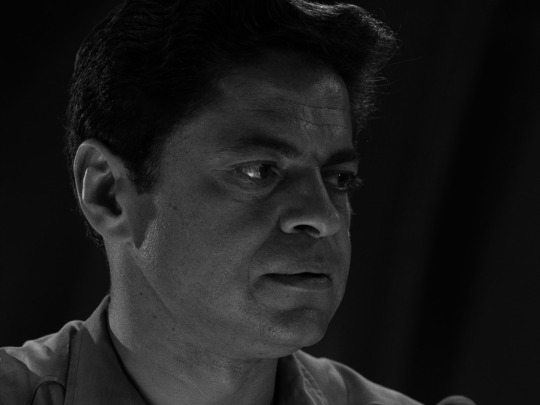
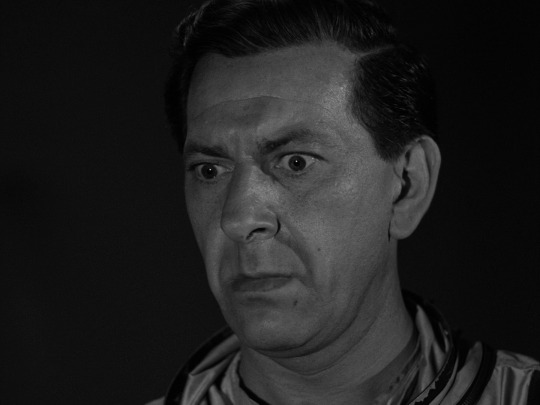
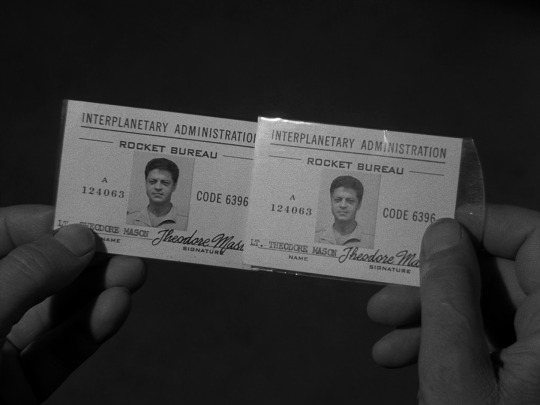
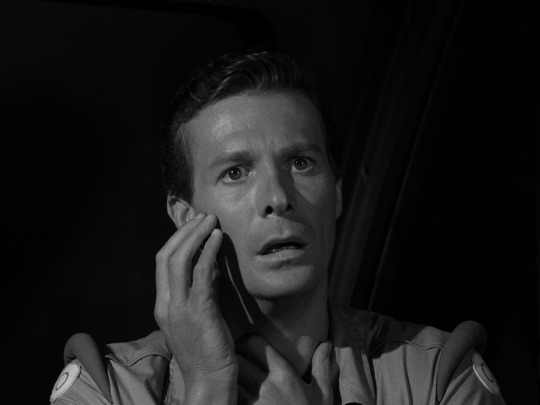



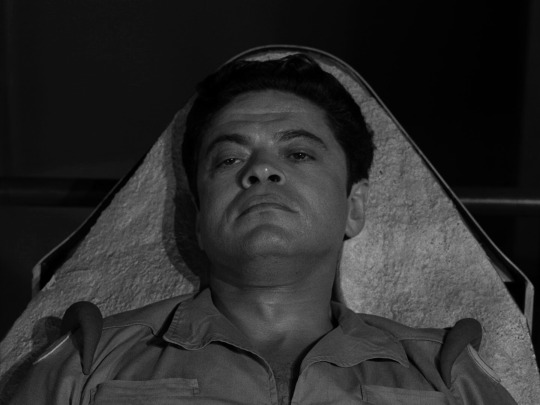
4.06 Death Ship
Director: Don Medford
Director of Photography: Robert Pittack
“Picture of a man who will not see anything he does not choose to see - including his own death. A man of such indomitable will that even the two men beneath his command are not allowed to see the truth; which truth is, that they are no longer among the living, that the movements they make and the words they speak have all been made and spoken countless times before - and will be made and spoken countless times again, perhaps even unto eternity.”
#Twilight Zone#the twilight zone#death ship#1960s#Season 4#Don Medford#Rod Serling#Robert Pittack#Jack Klugman#Ross Martin#fred beir#Richard Matheson#astronauts#space#scifi#Classic Science Fiction#fantasy#speculative fiction#cinematography#close up#close-up#Classic TV#classic television#television#sixties
22 notes
·
View notes
Photo
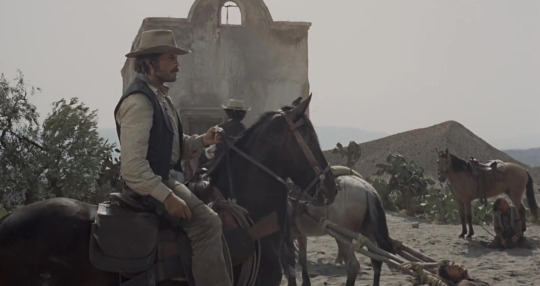
“The Hunting Party” by Don Medford (1971) Oliver Reed in Balsicas de Alfaro, Tabernas #Almeria #Cinema #Western
#the hunting party#don medford#oliver reed#Balsicas de Alfaro#Tabernas Desert#cinema#Almeria#western
3 notes
·
View notes
Photo
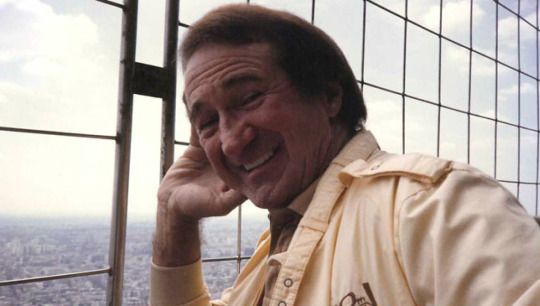
Don Medford, who directed 26 episodes of Dynasty.
2 notes
·
View notes
Photo

The Hunting Party | Don Medford | 1971
14 notes
·
View notes
Text


Sidney Poitier's tiny hat from The Organization (1971)
#sidney poitier#the organization 1971#the organization#1971#bucket hat#70s movies#1970s film#don medford
1 note
·
View note
Text
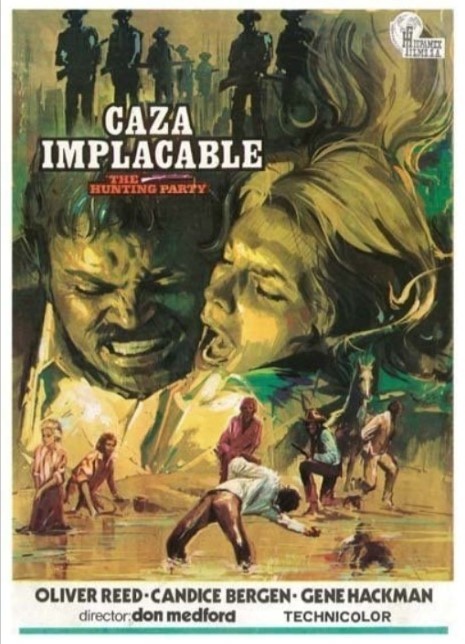
Cartel película "Caza implacable" (The hunting party) 1971, de Don Medford.
7 notes
·
View notes
Photo

A Large snare wringing people into rocks, crushing anyone caught
Don`t be fooled by the water
NWS Beach Hazard Statement, Medford OR
12 notes
·
View notes
Photo
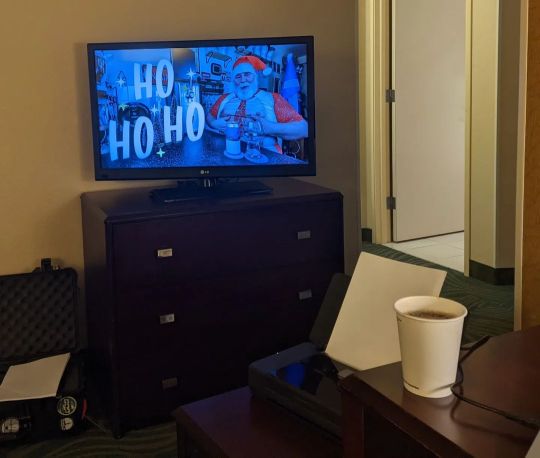
Final non show day of the tour. Getting some work done while listening to Don discuss beers. Check him out at http://www.youtube. com/@ DonsBeerReviews #amonamarth #carcass #obituary #cattledecapitation #tour #dayoff #nonshowday #donsbeerreviews #beer #brewtube @don_reviews (at SpringHill Suites by Marriott Medford) https://www.instagram.com/p/CmKOKqnPkH8/?igshid=NGJjMDIxMWI=
#amonamarth#carcass#obituary#cattledecapitation#tour#dayoff#nonshowday#donsbeerreviews#beer#brewtube
5 notes
·
View notes
Text























Series Premiere
The Deputy - Badge for a Day - NBC - September 12, 1959
Western
Running Time: 30 minutes
Written by Roland Kibbee and Norman Lear
Produced by William Frye
Directed by Don Medford
Stars:
Henry Fonda as Marshall Simon Fry
Allen Case as Clay McCord
Wallace Ford as Marshal Herk Lamson
Betty Lou Keim as Fran McCord
Robert J. Wilke as Ace Gentry
James Griffith as Ballard
Steven Ritch as Cowboy
Earl Hansen as Stuber
Quentin Sondergaard as Tomick
Bill Foster as Mawler
Gary Hunley as Brandon McCord
#Badge for a Day#TV#The Deputy#Western#NBC#1959#1950's#Henry Fonda#Allen Case#Wallace Ford#Betty Lou Keim#Robert J. Wilke#Series Premiere
1 note
·
View note
Photo
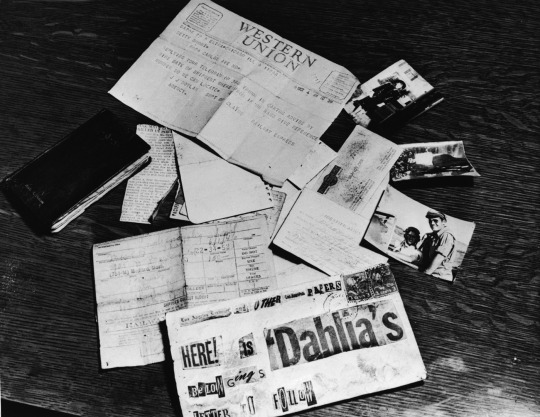
Elizabeth Short (July 29, 1924 – January 15, 1947), known posthumously as the "Black Dahlia", was an American woman who was found murdered in the Leimert Park neighborhood of Los Angeles, California. Her case became highly publicized due to the graphic nature of the crime, which included her corpse having been mutilated and bisected at the waist.
A native of Boston, Short spent her early life in Medford, Massachusetts, and Florida before relocating to California, where her father lived. It is commonly held that Short was an aspiring actress, though she had no known acting credits or jobs during her time in Los Angeles. She would acquire the nickname of the Black Dahlia posthumously (after the owner of a drugstore in Long Beach, California told reporters that male customers had that name for her), as newspapers of the period often nicknamed particularly lurid crimes; the term may have originated from a film noir murder mystery, The Blue Dahlia, released in April 1946. After the discovery of her body on January 15, 1947, the Los Angeles Police Department began an extensive investigation that produced over 150 suspects, but yielded no arrests.
Short's unsolved murder and the details surrounding it have had a lasting cultural intrigue, generating various theories and public speculation. Her life and death have been the basis of numerous books and films, and her murder is frequently cited as one of the most famous unsolved murders in American history, as well as one of the oldest unsolved cases in Los Angeles County. It has likewise been credited by historians as one of the first major crimes in post–World War II America to capture national attention.
On the morning of January 15, 1947, Short's naked body was found severed into two pieces on a vacant lot on the west side of South Norton Avenue, midway between Coliseum Street and West 39th Street (at 34.0164°N 118.333°W) in Leimert Park, Los Angeles. At the time, the neighborhood was largely undeveloped. Local resident Betty Bersinger discovered the body at approximately 10 a.m. while walking with her three-year-old daughter. Bersinger initially thought she had found a discarded store mannequin. When she realized it was a corpse, she rushed to a nearby house and telephoned the police.
Short's severely mutilated body was completely severed at the waist and drained of blood, leaving her skin a pallid white. Medical examiners determined that she had been dead for around ten hours prior to the discovery, leaving her time of death either sometime during the evening of January 14, or the early morning hours of January 15. The body had apparently been washed by the killer. Short's face had been slashed from the corners of her mouth to her ears, creating an effect known as the "Glasgow smile". She had several cuts on her thigh and breasts, where entire portions of flesh had been sliced away. The lower half of her body was positioned a foot away from the upper, and her intestines had been tucked neatly beneath her buttocks. The corpse had been "posed", with her hands over her head, her elbows bent at right angles, and her legs spread apart.
Upon the discovery, a crowd of both passersby and reporters began to gather; Los Angeles Herald-Express reporter Aggie Underwood was among the first to arrive at the scene, and took several photos of the corpse and crime scene. Near the body, detectives located a heel print on the ground amid the tire tracks, and a cement sack containing watery blood was also found nearby.
Short is interred at the Mountain View Cemetery in Oakland. After her younger sisters had grown up and married, their mother, Phoebe, moved to Oakland to be near her daughter's grave. She finally returned to the East Coast in the 1970s, where she lived into her 90s. On February 2, 1947, just two weeks after Short's murder, Republican state assemblyman C. Don Field was prompted by the case to introduce a bill calling for the formation of a sex offender registry; the state of California would become the first U.S. state to make the registration of sex offenders mandatory.
Short's murder has been described as one of the most brutal and culturally enduring crimes in American history, and Time magazine listed it as one of the most infamous unsolved cases in the world.
Short's life and death have been the basis of numerous books and films, both fictionalized and non-fiction. The case was the focus of Season Four, Episode 13 of Hunter, in which the main characters, along with a (fictitious) veteran former police detective (played by Lawrence Tierney), investigated and carried out an arrest of an in-reality fictitious suspect after 41 years. Elizabeth Short was portrayed here by Jessica Nelson. Among the most famous fictional accounts of Short's death is James Ellroy's 1987 novel The Black Dahlia, which, in addition to the murder, explored "the larger fields of politics, crime, corruption, and paranoia in post-war Los Angeles", according to cultural critic David M. Fine. Ellroy's novel was adapted into a 2006 film of the same name by director Brian De Palma: Short was played by actress Mia Kirshner. Both Ellroy's novel and its film adaptation bear little relation to the facts of the case. Short was also portrayed in heavily fictionalized accounts by Lucie Arnaz in the 1975 television film Who Is the Black Dahlia? and again by Mena Suvari in the series American Horror Story in 2011, featuring Short in the plot line of the episode "Spooky Little Girl", and again in 2018 with "Return to Murder House".
Daily inspiration. Discover more photos at http://justforbooks.tumblr.com
20 notes
·
View notes